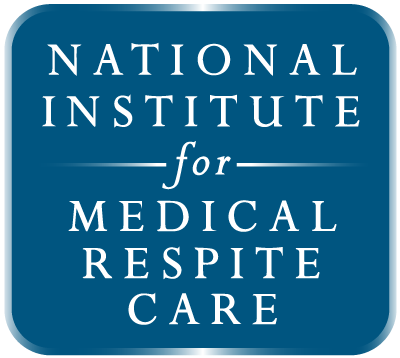Medical Respite Care
What Is Medical Respite Care?
Medical respite care is acute and post-acute care for persons experiencing homelessness who are too ill or frail to recover from a physical illness or injury on the streets but are not ill enough to be in a hospital. Unlike “respite” for caregivers, “medical respite” is short-term residential care that allows individuals experiencing homelessness the opportunity to rest in a safe environment while accessing medical care and other supportive services.
Medical respite care is offered in a variety of settings including freestanding facilities, homeless shelters, nursing homes, and transitional housing.

Learn more about how the Council is working to advance medical respite care by visiting the National Institute for Medical Respite Care, a special initiative of the Council.
Standards for Medical Respite Care Programs
In October 2016, a task force of medical respite care experts produced the first set of standards for medical respite programs.
The task force was charged by the Respite Care Providers’ Network Steering Committee with developing standards that:
- Align with other health industry standards related to patient care.
- Reflect the needs of the patients being served in the medical respite care setting.
- Promote quality care and improved health, and
- Are achievable for a range of medical respite care programs with varying degrees of resources.
To remain responsive to changes in medical respite care, health care practices, and policy, the RCPN formed a workgroup in 2021 to review and revise the standards.
The regular and consistent review ensures the Standards reflect the growth, changes, and newly established evidence to guide best practices in medical respite care. Information and feedback of 30 programs across the United States were used to guide the revision process.
Learn more about the Standards for Medical Respite Care; contact Julia Dobbins for technical assistance on the Standards.
